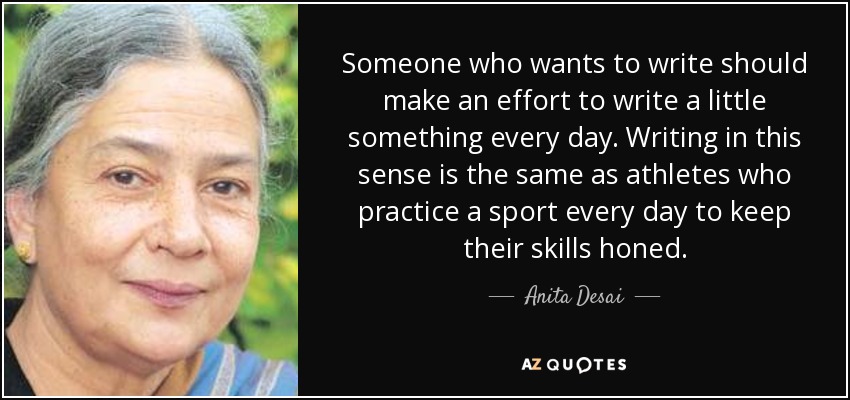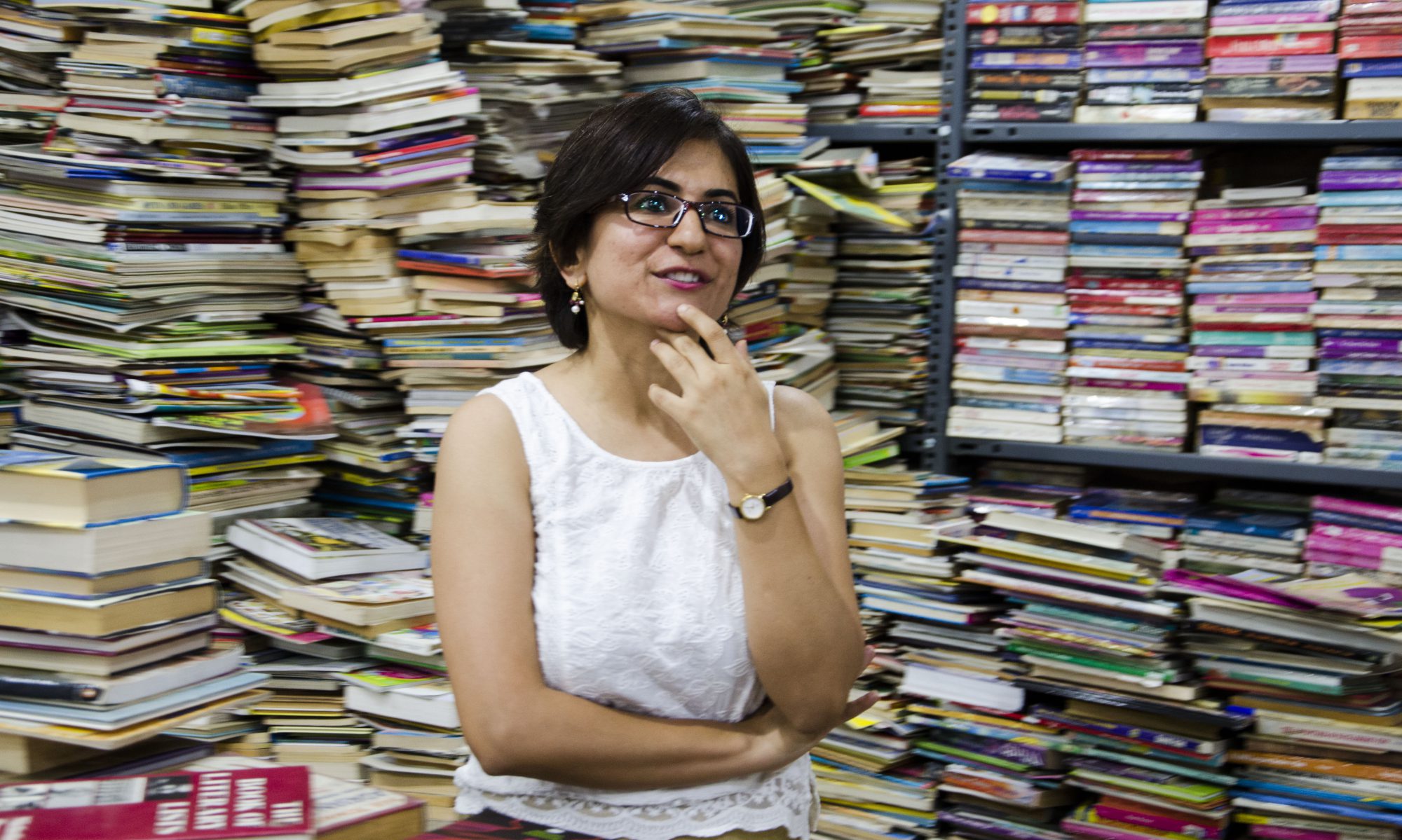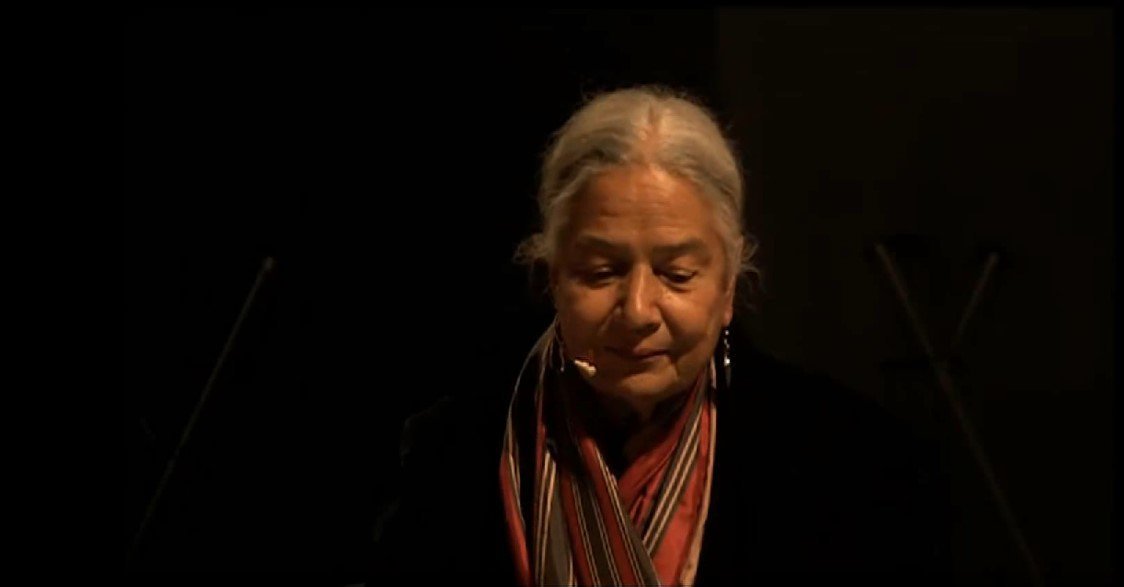While browsing the bylanes of internet i found this wonderful interview of author Anita Desai in The Wire. It’s a deliciously long one, where the author among other things, talks about her latest book, The Artist Of Disappearance and the research that went in In Custody and Fire on the Mountain. Here I’ve just used her struggles and advice to writers from the interview for my section Witchery of Writing. But do read the complete interview over at The Wire.
What do you think is the purpose of literature? The worth of literature is being questioned these days, certainly here in Canada.
One works on two levels. At the subconscious level one is not working with an agenda, one is working out of a compulsion to tell your story, to put words on paper, to keep something from disappearing. And the joy of using language ought not to be forgotten.
On a conscious level, after you’ve written your work, sometimes it takes you by surprise. You say, oh, is that what it was about? At the end of the book you say, so that’s why it stayed in your mind for so long. What’s the reason for writing it? And invariably the reason is to tell the truth, in a somewhat sideways, somewhat subversive way. You don’t always manage to do that openly, face-to-face, you have to find a kind of a secret way.
The truth about life?
Yes.
You have a strong body of work dating back many decades. Do you have any of your books that are favourites, that have stayed with you?
Well, with most of the books when you finish them, you suffer from a period of disappointment. A feeling that this is not what you meant to do, that somewhere along the way you took the wrong turn.
We’ve talked about some of the struggles and process of writing. How would you summarise your experience?
I suppose I went through what every young writer goes through. It’s hard enough to find your voice, and write something that pleases you, and then it’s very hard to find a publisher, readers. The first years after [Indian] Independence were hard, when the publishers just wanted to reprint British and American books, and those were the years that I was writing. Even as great a writer as R.K. Narayan had to publish his own books and start his own press. How many decades passed before he was recognised. A great, big change took place in the 1980s with the publication of Salman Rushdie’s Midnight’s Children.
And now there’s an explosion.
They say it’s every five minutes that an Indian author is born.
 Yes, really! So what would you say are the joys of writing, if any? So many writers speak only about the anguish.
Yes, really! So what would you say are the joys of writing, if any? So many writers speak only about the anguish.
There’s joy, certainly, otherwise why would one have chosen this silent, obscure life? You are sitting at your desk; there’s no word of encouragement, but then there’s this joy of using language, trying your hand at writing something that’s worthwhile, that actually dares to take place. On the days that you’ve done a good piece of work, there’s no pleasure like that really. Comes once in a while, not every day.
Would you say most of the joy is inward rather than in praise, or in interaction with people?
It is. Nowadays it’s become very popular to join a writing class, but I never took such a class. When I started teaching it I asked myself how can you dare to do such a thing? You know perfectly well writing can’t be taught. But it has its uses in that it gives a young writer the time and space to work, and it becomes a legitimate activity. Just to be with other writers, that must be encouraging. Better for one’s psyche.
As a final question I cannot resist a cliché – what advice do you have for writers?
Writers should maintain a certain distance from the world. First discover what’s inside, before you send it out, before you engage with the world. Find out first what’s within you, what you want to say and how you want to write it. I can mention my daughter [Kiran Desai] who took ten years to write The Inheritance of Loss and she’s taken seven years to write her next book, which I think is now drawing to a close. It’s important to build that interior world.

